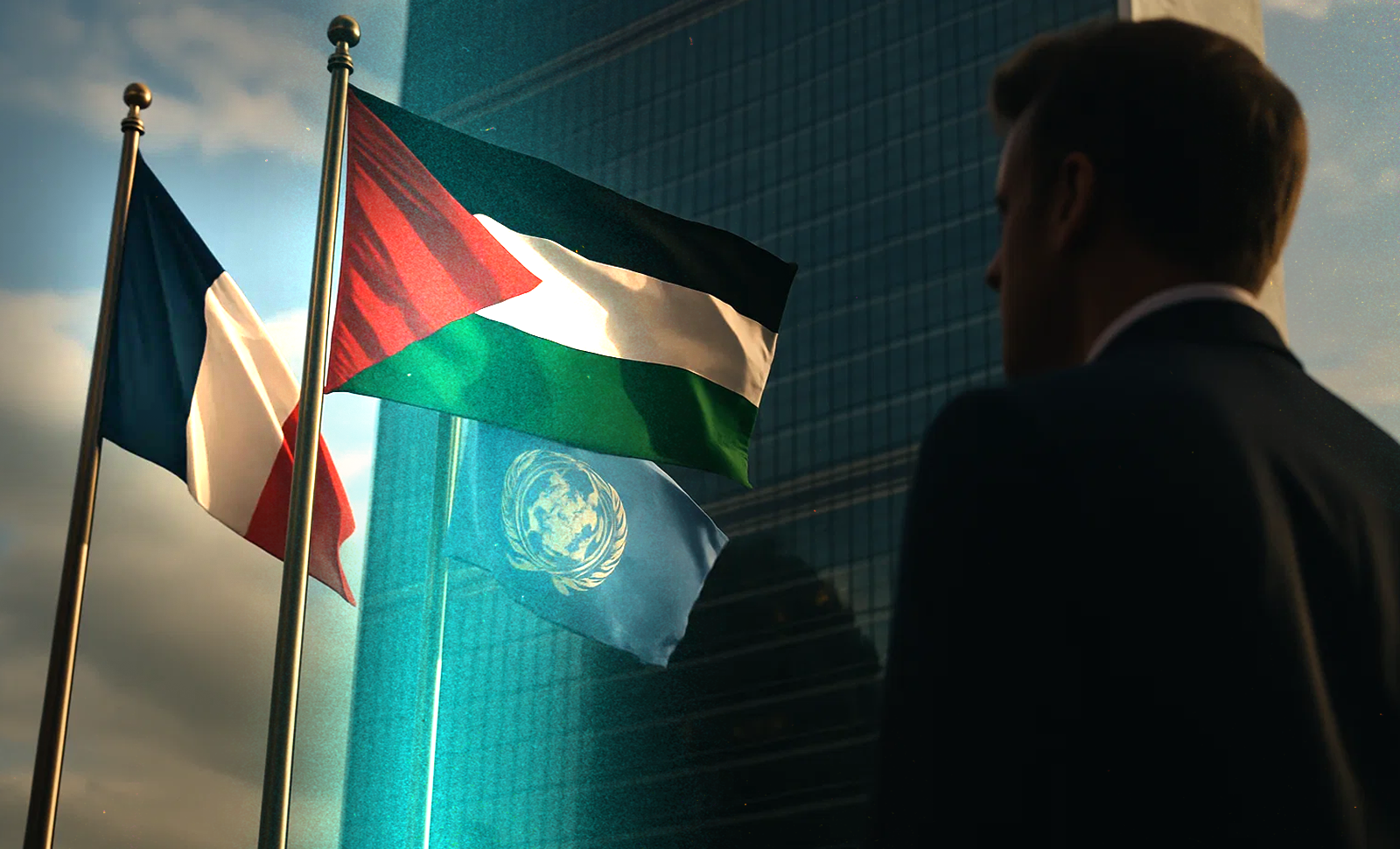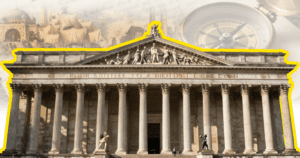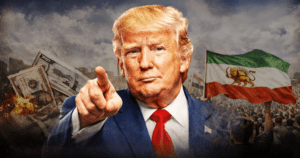In a landmark move, French President Emmanuel Macron announced on July 24, 2025, that France will officially recognize Palestine as an independent state during the United Nations General Assembly in New York this September. This decision marks France as the first major Western and G7 nation to take such a step, signaling a bold shift in international diplomacy amid growing calls for justice and a two-state solution in the Middle East.
Macron’s announcement, shared via an official statement and later echoed in interviews with French media, cited the dire humanitarian crisis in Gaza, ongoing regional instability, and the long-standing failure of peace negotiations between Israel and Palestine as key factors. He emphasized that “there is no alternative to a two-state solution,” and that France’s recognition aims to reinvigorate international efforts toward a lasting and just peace. The announcement is also strategically aligned with an upcoming UN-hosted ministerial conference in New York on July 28–29, co-chaired by France and Saudi Arabia, which will focus on ceasefire implementation, Gaza reconstruction, disarmament of extremist groups, and a political roadmap for Palestinian statehood.
This recognition is not happening in isolation. As of 2025, more than 140 countries have recognized Palestine as a sovereign state, including a wave of European support in 2024 from Ireland, Spain, Norway, Slovenia, and Armenia. France’s move adds significant weight to this momentum, not only because of its global influence but also because it breaks from the traditional stance held by many Western powers, who often conditioned recognition on the outcome of Israeli-Palestinian peace talks. Macron’s earlier statements in February had hinted at this pivot when he remarked that recognition is “not a taboo for France.”
The response to France’s decision has been swift and polarized. Israeli Prime Minister Benjamin Netanyahu condemned the announcement, stating it “rewards terrorism” and undermines Israel’s security. Israel’s defense minister called the move a “disgrace” and accused France of surrendering to extremist narratives. Similarly, U.S. Secretary of State Marco Rubio criticized the timing, arguing it strengthens Hamas and weakens the chances for negotiated peace. On the other hand, Palestinian leaders warmly welcomed the decision. Hussein al-Sheikh, vice president of the Palestine Liberation Organization (PLO), praised it as a reflection of France’s commitment to international law and human rights. The political group Hamas also called it “a positive step,” urging other nations to follow France’s lead.
Reactions from across Europe and the Middle East have generally been supportive. Leaders from Spain, Ireland, and Slovenia hailed the move as historic and necessary. Saudi Arabia and Jordan expressed strong approval, describing the recognition as a turning point that could reshape the stagnant peace process. In the United Kingdom, political pressure mounted on the Labour government to follow suit, with UK Justice Secretary Shabana Mahmood calling for immediate action. Meanwhile, Macron’s move sparked domestic debate within France, with left-wing and right-wing political figures clashing over its potential implications for security and diplomacy.
France’s recognition could have broad diplomatic ramifications, potentially influencing EU foreign policy, U.S.-EU relations, and future negotiations with Israel. Macron made it clear that recognition is not merely symbolic but part of a broader French initiative to revive the peace process, address humanitarian needs in Gaza, and push for the demilitarization of Hamas-controlled territories. The decision also reflects growing public pressure in France and across Europe, where pro-Palestinian rallies and calls for government action have intensified in recent months.
As the world looks to the UN General Assembly this September, France’s recognition of Palestine is poised to reignite the global debate on Palestinian statehood. Whether it opens new doors to peace or further complicates the regional dynamics remains to be seen. However, Macron’s move has undeniably shifted the diplomatic landscape, making the dream of a two-state solution once again a central topic in international politics.














